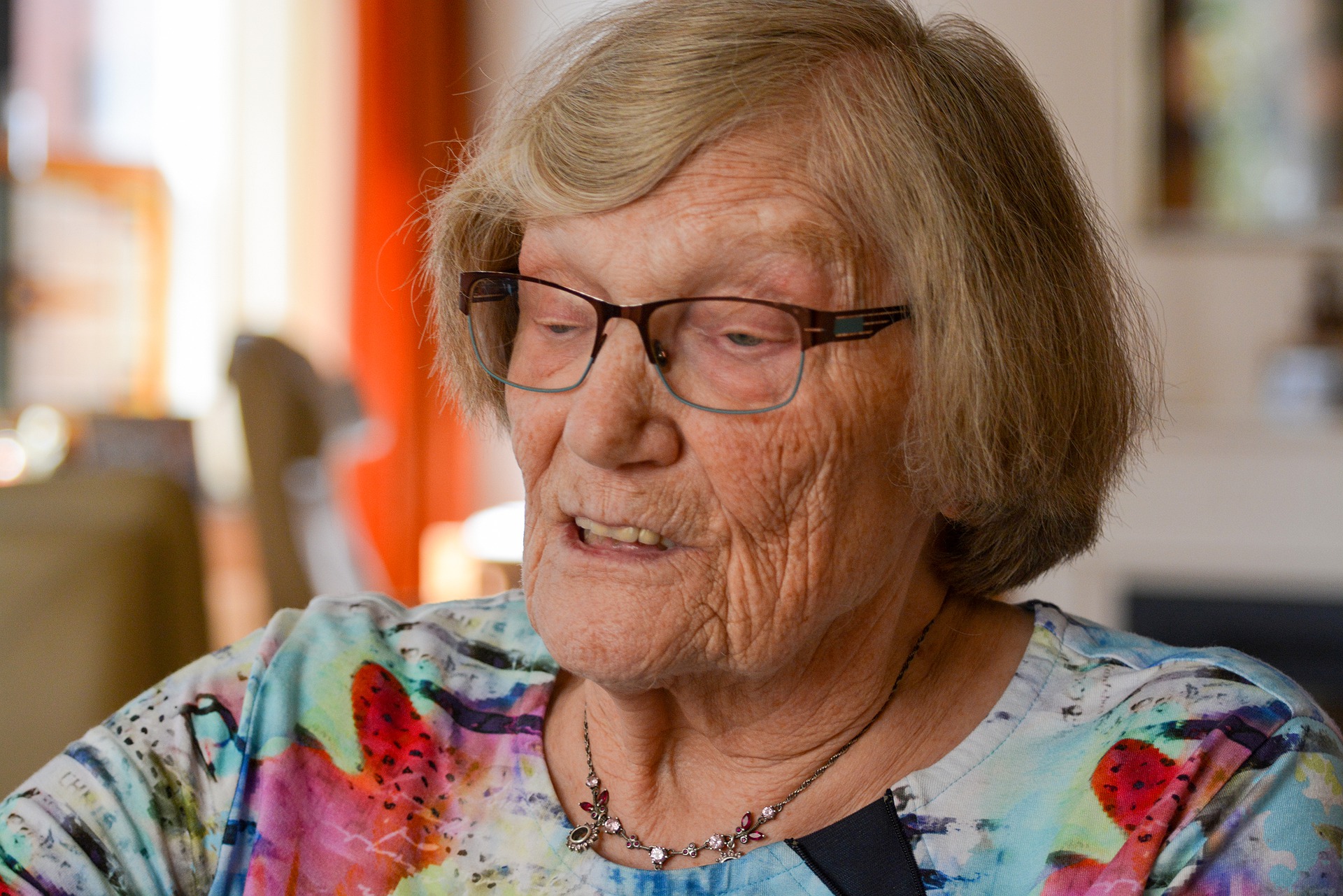One of the most challenging life events is the death of a spouse, no matter your age. For seniors who lose their husband and wife, the death can be truly devastating, as often they have lived the great majority of their life together. Every aspect of their life involved the other person, and therefore the loss is felt in every part of their day. Grief can show up in many different ways when someone loses a spouse – physically, mentally, and emotionally.
The stages of grief are the same no matter how old you are, and a senior may experience trouble sleeping, difficulty concentrating or focusing and a loss of appetite.
Losing a Spouse After 40 Years
Everyone grieves and copes with loss in a different manner. Personal coping mechanisms are there to help when someone loses a spouse; there are some habits, however, that can help a senior to navigate more easily through grief.
- Health Watch: During the grieving process, eating and sleeping often go by the wayside. Cooking and eating a meal are associated with the deceased spouse, and so doing these very simple things become painful. Grieving people often just “graze” or snack, so you can help your loved one by helping them shop for healthy, easy snacks. You may also wish to cook with them once or twice a week to have food in the refrigerator. The same goes for sleeping alone after sleeping next to someone for decades. It can be very disorienting and create anxiety. If your loved one can’t sleep, you may wish to speak to a physician about gentle sleep aids.
- Keep Changes Simple: After dealing with the loss of a spouse, big adjustments of other kinds can be too overwhelming. Seniors should give themselves time to think, heal, and decide about what is best for their life. If your Mom or Dad is suddenly living alone, don’t just assume they would want to come live with you, or move into assisted living. Talk with your loved ones to determine how they feel.
- Reach Out and Help Others: The benefits of generosity and helping others include giving an individual a way to find purpose, keep perspective, and find fulfillment. Helping others will make you feel better and also help others to feel love and friendship.
- Develop Hobbies: If your loved one has a hobby or talent, especially if they have laid it down, encourage them to pick it back up again. Doing something they love, with other people who share that interest, can help to ease the loneliness and pain that idleness can create.
- Talk About It: Different personalities will grieve differently. Some are very quiet and look inward, and others want to talk with someone they trust. All authentic grieving is personal and moves you towards resolution, but those who tend to be more introspective should consider finding someone to speak with. Expressing our feelings and getting them out of our heads is far healthier and can help to process grief. A grief support group allows a widow or widower to be among others who know exactly what they are experiencing.
- Spend time with Family: If you are an adult child of someone who loses a spouse, you are also grieving the loss of a parent. You can help your surviving parent by being together, talking about your happy memories and remember your loved one.
The most important thing to remember is that healing in possible, and to remember that everyone processes grief differently. Love the people around you, and walk with them through the process.
At A Banyan Residence, we provide caring and compassionate facilities for seniors in the Venice, Florida area. whether you need assisted living or memory care services, call us today.

